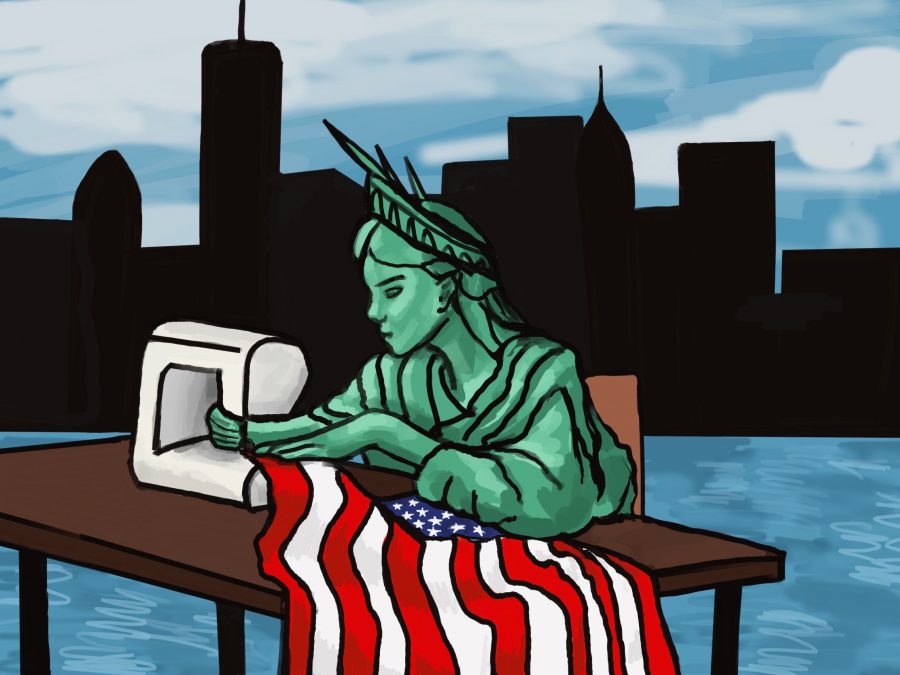As the dust (mostly) settles after a tumultuous and divisive election season, the conversations about political division and national unity that began before have persisted. In the months leading up to the election, many voters made it clear which candidate they supported by phone-banking for their political party, posting on their Instagram stories and even wearing a mask with their candidate’s name on it. In these conversations, some claim the United States is the best country in the world and criticize others for their lack of patriotism, while some take the opportunity to point out the nation’s major flaws. These discussions have only served to divide us, preventing us from engaging in meaningful dialogue.
Some in our nation hold the belief that any comment critical of our country is unwarranted. President Donald Trump himself recently unveiled a plan for a more “patriotic” education in response to what he considered negative teachings about the history of America. The academic curriculum, he said, should focus on how “America’s founding set in motion the unstoppable chain of events that abolished slavery, secured civil rights, defeated communism and fascism and built the most fair, equal and prosperous nation in human history.”
This statement paints an extremely one-sided view of America. The U.S. does have positive aspects. According to the Human Freedom Index, the U.S. is ranked as the 15th most free country in the world; while not the best, this is a positive. We also have the highest GDP in the world, and the 2015 United Nations Human Development Report ranked the United States eighth in its Education Index. Arguing that the country is entirely negative ignores key aspects of what makes America what it is.
While imperfect, America does have strengths worthy of recognition.
On the other hand, our country has large, glaring flaws, and criticizing one’s country is not inherently non-patriotic. In fact, criticism is necessary to ensure that a nation stays in check. Countries that suppress internal criticism erase any hope of positive change while exacerbating existing negative traits. Seeking to better one’s country is patriotic in and of itself, and acknowledging the nation’s shortcomings is an important step toward improvement. Problems cannot and will not be fixed unless they are brought to light in the first place. These issues, from the racism ingrained in our society to economic inequality, will not just go away with time. We must draw attention to these issues to achieve any sort of progress. Pretending they don’t exist only deepens our wounds, allowing them to fester.
As we continue to discuss the election and the fate of our nation, remember to keep everything in perspective. Patriotism should not be political. By recognizing all facets of our country, we become more empathetic and open-minded citizens, able to articulate our own viewpoints while understanding the other side. While living in the United States has many benefits, claiming that the country is flawless is not patriotic; those who do so choose to ignore the numerous issues that plague our nation today.




























